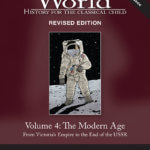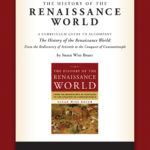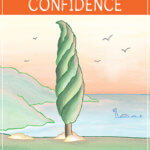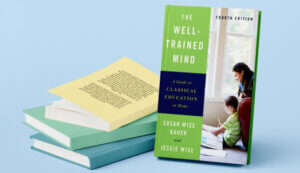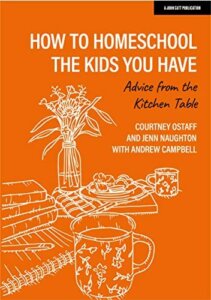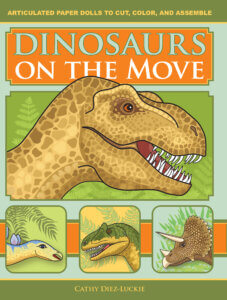
Over the past few weeks, we have shared videos about teaching kids in different stages of a classical education, from grammar stage students to logic stage students. Today we present the final installment in this series: best practices for teaching rhetoric stage students.
To complete the series, we have another video from classical education expert and co-author of The Well-Trained Mind, Dr. Susan Wise Bauer.
(Scroll Below for an Overview of the Video)
How Do We Teach Rhetoric Stage Students?
Rhetoric stage students are ready to begin forming their own identity, apart from their siblings, parents, and friends. To develop an identity requires being able to express oneself. To this end, rhetoric stage students must practice two things: (1) speaking and writing with force and originality and (2) developing a speciality.
Speaking and Writing with Force and Originality
Everything students have learned up to this point has prepared them to begin developing and expressing their unique opinions. In the grammar stage they gathered knowledge and learned how to write clear sentences. In the logic stage they found patterns to connect information, and practiced outlining to observe how writers organize their thoughts and arguments. As rhetoric stage students practice articulating what they believe and why, they will begin to develop their sense of self.
Developing a Speciality
So much of our identity is tied up in the things that we are good at. Do not force your high school students to remain generalists for too long. Encourage them to spend time exploring their specific interests.
Teaching the Rhetoric Stage, Subject by Subject:
- Rhetoric: learn the rules of effective communication
- Literature: grapple with central ideas in great books
- Grammar: continue to reinforce proper usage
- Writing: original compositions intended to persuade
- Mathematics: advanced abstract work
- History: use original sources to ask how people understood their own times
- Science: develop an understanding of the historical developments of scientific disciplines as well as their content and rules
Recommended Products
-
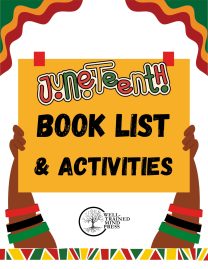
Juneteenth Booklist & Activities
0 out of 5$0.00 Add to cart -
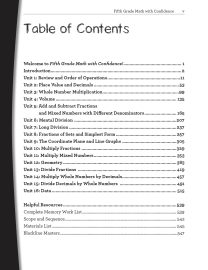
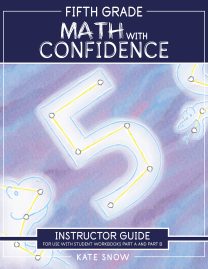
Fifth Grade Math with Confidence Instructor Guide
0 out of 5Starting at:$36.95Original price was: $36.95.$27.71Current price is: $27.71. Select options -
Sale!

Hansel & Gretel and Other Stories: Downloadable MP3
0 out of 5$12.95Original price was: $12.95.$9.71Current price is: $9.71. Add to cart -
Sale!

Dorothy and the Wizard in Oz: Downloadable MP3
0 out of 5$25.95Original price was: $25.95.$19.46Current price is: $19.46. Add to cart -
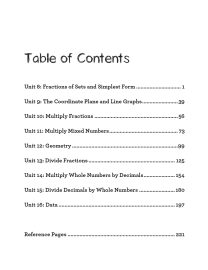 Sale!
Sale!
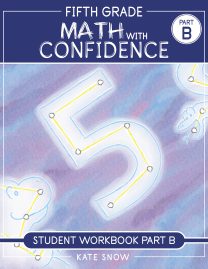
Fifth Grade Math with Confidence Student Workbook B
0 out of 5$16.46 – $21.56 Select options This product has multiple variants. The options may be chosen on the product page -
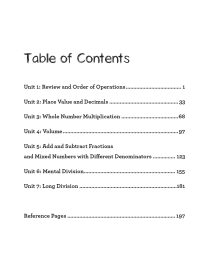 Sale!
Sale!
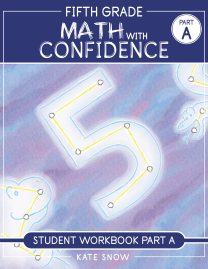
Fifth Grade Math with Confidence Student Workbook A
0 out of 5$16.46 – $21.56 Select options This product has multiple variants. The options may be chosen on the product page
ABOUT THE AUTHOR
Susanna Jarrett
Join over 100,000 homeschooling families
For the latest offers, educational insights, products and more.
By joining you agree to our privacy policy.



